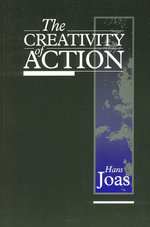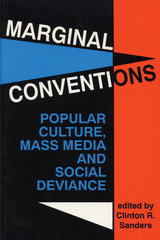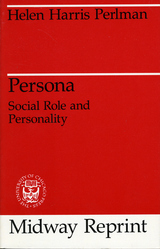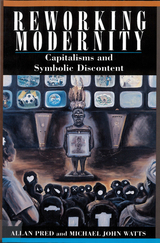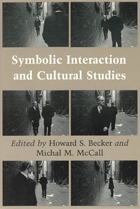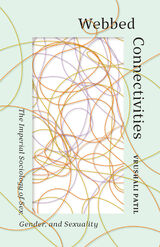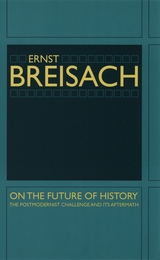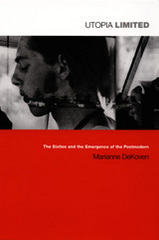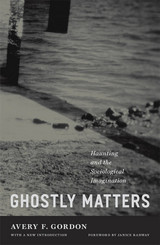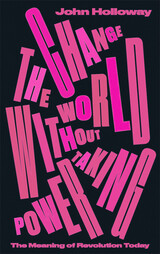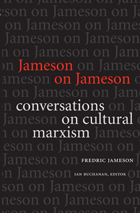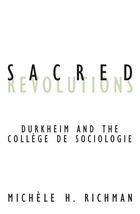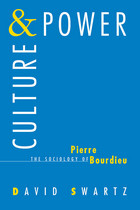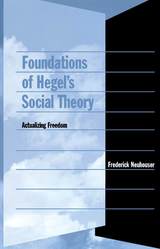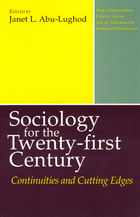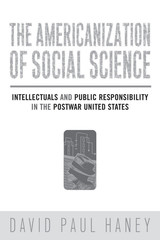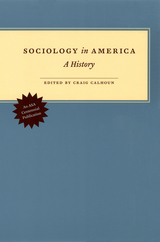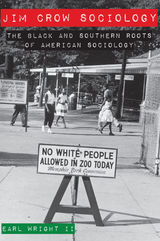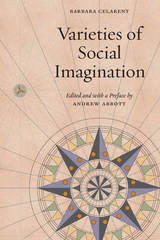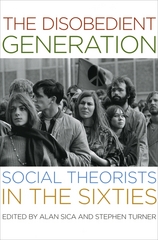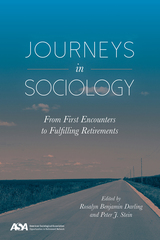The Frankfurt School in Exile
University of Minnesota Press, 2009
Cloth: 978-0-8166-5367-6 | eISBN: 978-1-4529-1456-5 | Paper: 978-0-8166-5368-3
Library of Congress Classification HM467.W54 2009
Dewey Decimal Classification 301.01
Cloth: 978-0-8166-5367-6 | eISBN: 978-1-4529-1456-5 | Paper: 978-0-8166-5368-3
Library of Congress Classification HM467.W54 2009
Dewey Decimal Classification 301.01
ABOUT THIS BOOK | AUTHOR BIOGRAPHY | REVIEWS
ABOUT THIS BOOK
Members of the Frankfurt School have had an enormous effect on Western thought, beginning soon after Max Horkheimer became the director of the Institute for Social Research at the University of Frankfurt am Main, in 1930. Also known as the Horkheimer Circle, the group included such eminent intellectuals as Theodor Adorno, Herbert Marcuse, Erich Fromm, Leo Lowenthal, and Friedrich Pollock. Fleeing Nazi oppression, Horkheimer moved the Institute and many of its affiliated scholars to Columbia University in 1934, where it remained until 1950.
Until now, the conventional portrayal of the Institute has held that its members found refuge by relocating to Columbia but that they had little contact with, or impact on, American intellectual life. With insight and clarity, Thomas Wheatland demonstrates that the standard account is wrong. Based on deep archival research in Germany and in the United States, and on interviews conducted with luminaries such as Daniel Bell, Bernadine Dohrn, Peter Gay, Todd Gitlin, Nathan Glazer, Tom Hayden, Robert Merton, and others, Wheatland skillfully traces the profound connections between the Horkheimer Circle’s members and the intellectual life of the era. Reassessing the group’s involvement with the American New Left in the 1960s, he argues that Herbert Marcuse’s role was misunderstood in shaping the radical student movement’s agenda. More broadly, he illustrates how the Circle influenced American social thought and made an even more dramatic impression on German postwar sociology.
Although much has been written about the Frankfurt School, this is the first book to closely examine the relationship between its members and their American contemporaries. The Frankfurt School in Exile uncovers an important but neglected dimension of the history of the Frankfurt School and adds immeasurably to our understanding of the contributions made by its émigré intellectuals to postwar intellectual life.
Until now, the conventional portrayal of the Institute has held that its members found refuge by relocating to Columbia but that they had little contact with, or impact on, American intellectual life. With insight and clarity, Thomas Wheatland demonstrates that the standard account is wrong. Based on deep archival research in Germany and in the United States, and on interviews conducted with luminaries such as Daniel Bell, Bernadine Dohrn, Peter Gay, Todd Gitlin, Nathan Glazer, Tom Hayden, Robert Merton, and others, Wheatland skillfully traces the profound connections between the Horkheimer Circle’s members and the intellectual life of the era. Reassessing the group’s involvement with the American New Left in the 1960s, he argues that Herbert Marcuse’s role was misunderstood in shaping the radical student movement’s agenda. More broadly, he illustrates how the Circle influenced American social thought and made an even more dramatic impression on German postwar sociology.
Although much has been written about the Frankfurt School, this is the first book to closely examine the relationship between its members and their American contemporaries. The Frankfurt School in Exile uncovers an important but neglected dimension of the history of the Frankfurt School and adds immeasurably to our understanding of the contributions made by its émigré intellectuals to postwar intellectual life.
See other books on: Exile | Frankfurt School | Frankfurt school of sociology | Philosophy | Social Science
See other titles from University of Minnesota Press


